The First Amendment to the U.S. Constitution is a cornerstone of American democracy, enshrining the freedoms of speech, press, religion, assembly, and petition. In recent years, a unique group known as “First Amendment Auditors” has risen to prominence, taking it upon themselves to test the limits of these freedoms. Armed with cameras and a keen sense of constitutional rights, these individuals film interactions with public officials, law enforcement officers, and government workers, often uploading the encounters to platforms like YouTube. Their goal? To hold government authorities accountable, particularly regarding respect for First Amendment rights.
Cop Talk LIVE interview with Long Island Audit!
Listen to “Police Accountability NOW with Long Island Audit” on Spreaker.
What Is a First Amendment Auditor?
First Amendment Auditors (FAAs) are citizen activists who visit public spaces—such as city halls, post offices, libraries, police stations, and even sidewalks near government facilities—while openly recording. Their premise is simple: if the location is public, they have the right to film. Auditors claim to educate both public officials and the general public about constitutional rights, particularly freedom of speech and the right to record in public spaces.
Popular YouTube channels dedicated to auditing showcase encounters ranging from routine exchanges to intense confrontations. Some auditors adopt a calm, professional demeanor, focusing on informative dialogue. Others lean into a more provocative approach, deliberately pushing boundaries to provoke reactions from officials and law enforcement officers.
Role in Holding Police Accountable
One of the main roles of First Amendment Auditors is to expose misconduct, especially within law enforcement. By capturing real-time footage of police officers and other public officials, auditors can document potential abuses of power, discriminatory behavior, or violations of constitutional rights.
Auditor videos have occasionally gone viral, shining a spotlight on questionable practices. For instance, footage of police officers unlawfully demanding identification or forcibly removing auditors from public spaces has sparked public outcry and calls for accountability. In these cases, FAAs play a vital role in reminding officials of their duty to uphold constitutional principles.
The Pros of First Amendment Auditing
- Transparency and Accountability: Auditors provide a check against abuses of power, ensuring that government officials act within their lawful boundaries. Their recordings often serve as evidence in legal proceedings and public debates.
- Public Education: Through their YouTube channels, auditors inform viewers about constitutional rights, including how to handle encounters with law enforcement and what to do if rights are violated.
- Catalyst for Reform: Viral videos exposing misconduct have led to policy changes, officer suspensions, and increased public awareness of civil liberties.
- Empowerment of Citizens: By showcasing how to assert rights confidently, auditors inspire others to hold authorities accountable in their own lives.
The Cons of First Amendment Auditing
- Provocative Behavior: Some auditors intentionally provoke confrontations, leading to accusations that they are more interested in creating drama for views than genuinely advocating for rights. This approach can escalate situations unnecessarily and alienate potential allies.
- Disruption of Public Services: Critics argue that auditors sometimes impede government employees from performing their duties, creating tension in environments meant to serve the public.
- Safety Concerns: Confrontations with law enforcement or hostile individuals can quickly turn dangerous, risking harm to both auditors and those they interact with.
- Potential for Misinformation: Some videos are edited selectively, leading to claims of bias or misrepresentation. This can distort public perception of the events depicted.
The Broader Societal Impact
The rise of First Amendment Auditors highlights a critical tension in modern society: the balance between individual freedoms and societal order. Their work underscores the importance of constitutional rights while raising questions about the methods used to protect those rights. Are auditors heroic defenders of liberty, or are they opportunists exploiting controversy for clicks?
The answer likely lies somewhere in between. When conducted responsibly, First Amendment Auditing can be a powerful tool for accountability and education. However, when driven by sensationalism, it risks undermining its own legitimacy and the broader cause of civil liberties.
Ultimately, the existence of First Amendment Auditors reflects a healthy skepticism of authority—a foundational principle of democracy. Their presence serves as a reminder that freedom requires vigilance, and the rights enshrined in the Constitution are only as strong as the people willing to defend them. Whether their tactics are celebrated or criticized, the broader conversation they spark is undeniably essential.
I want to know what you think!



